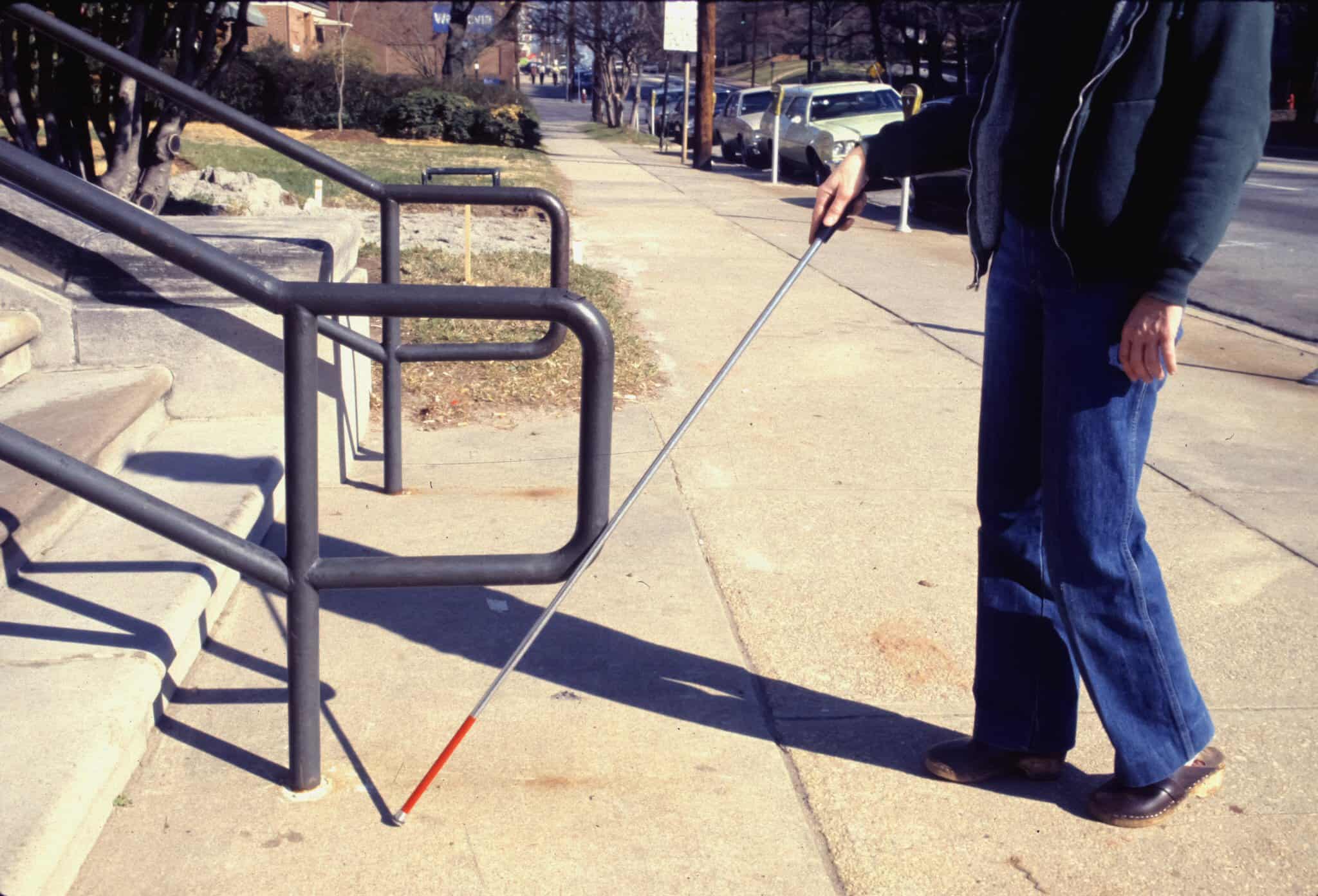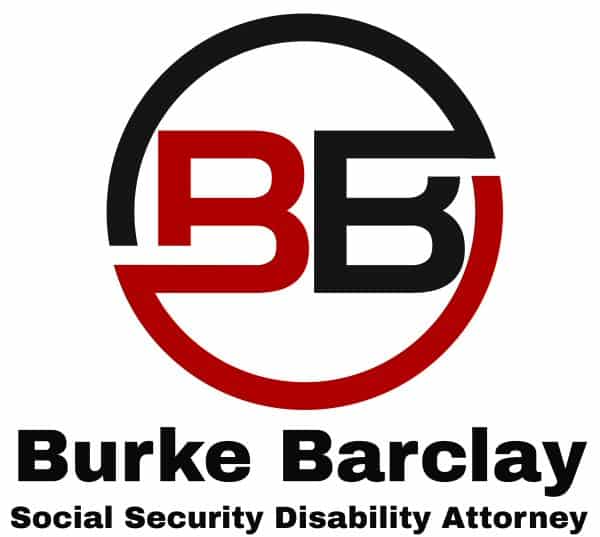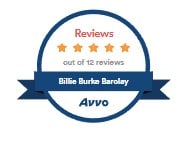Claiming Blindness For Social Security Disability Benefits
Some Important Points To Remember If Claiming Blindness For Social Security Disability Benefits.
Many people assume if they believe they are claiming blindness, they will receive more in Social Security disability benefits.
However, this is not correct. What is important here, is that you understand you can earn more dollars every month and still be considered to be disabled.
As of 2016, a legally blind person is allowed to earn a gross amount of $1,820.00 per month instead of a nonblind person, which is allowed to earn a gross amount of $1,130.00.
For many people, this difference can sometimes mean they are able to keep their home, car, etc. and not have to make drastic arrangements to their lifestyle in order to survive receiving a disability check each month.
However, there are some pitfalls, and you should be aware of them when increasing you monthly earned dollars. If you do happen to make a mistake, you could find that not only do you owe the government all of your overages you made within those years, but you could be considered to be earning at the Substantial Gainful Amount and no longer disabled under Social Security’s rules.
Oftentimes, a person will receive benefits (for example) for diabetes and neuropathy in their hands and feet. But, as time progresses diabetes (for example) tends to diminish a person’s sight. So, for the person that qualified as a nonblind person originally, may (and I mean “may”) be able to increase their earnings each month and still be considered to be disabled.
So, what can you do to make sure you don’t lose your disability benefits or end up owing the federal government thousands of dollars?
First, you need to request your medical records that point to the fact that your vision is less than 20/200 with corrective lenses in your best eye. This is an important point. Your vision still has to fall within the guidelines with corrective lenses. If you have 20/200 vision without glasses and you have 20/50 with them, then you are not blind. So, it is very important to gather medical evidence that shows even despite the fact that you wear contacts or glasses, your vision is 20/200 or worse.
Now that you reviewed your medical records, also understand what method by which your doctor is determining you to be disabled. Why is this so important? -Because, there are different tests doctors use to determine eyesight.
One of these is called the Snellen Chart. It is probably the most used in any hospital or doctor’s office. Thus, while your Optometrist may note in your records that your eyesight registers at 20/200, the test is not that accurate. Why again this is so important is because if a test cannot really tell exactly what your vision is, it may be harder to convince the Social Security Administration that you really are blind.
One of the main reasons why the Snellen test is not perfect is because it does not have vision acuity measurements between 20/100 and 20/200. Thus, your vision may actually fall at 20/150, and no one is for sure whether you are legally blind or not.
Therefore, your doctor should be not only measuring your eyesight under the Snellen method, but others as well to get an exact visual acuity determination.
The next thing to watch out for is that if you are already receiving benefits and you think you are blind, don’t just call Social Security’s 800# and get an answer from someone who is not face to face with you. It is imperative you collect your records, go down to your local Social Security field office, present them and ask for a formal determination. It is the only way you will know for sure at some point in the future there will not be a demand for money to be paid back to the federal government and the chance your disability benefits could be terminated completely.
If you are actually claiming blindness and you have seen your Optometrist, then look to see if your doctor measured your vision using the “count fingers” method. The Social Security Administration has special rules when it sees that a person’s vision was also determined under this method.
Here’s what the Social Security Administration has to say about this type of test:
“The following low vision acuity categories indicate that no optical correction will improve the claimant’s visual acuity:…Counts fingers (CF). If the claimant’s central visual acuity in an eye is recorded as CF…we will determine that the claimant’s best-corrected central acuity is 20/200 or less in that eye.”
Now, this goes without saying, but if you do go to your local Social Security field office and you are told that you are statutorily blind even in your best eye, make sure you get a name and a date in which you visited. While Social Security rarely admits to any wrongdoing and this is not likely to keep your benefits from being revoked, you are at least doing the best you can to determine whether or not Social Security considers you to be blind under their rules.
Here’s another suggestion: If when you are receiving your benefits in the latter part of the third year of being considered disabled, you may want to wait until your next review and submit your updated medical records then. Almost anyone who is placed on disability usually receives a three-year time span in which to receive benefits before coming back up for a review. This is a formal process and all of your medical records will be evaluated at that time.
Further, if you do receive another three-year term to receive disability payments, a notice in writing will be sent to you explaining that you are considered to have an ongoing disability and the Social Security Administration will name your conditions that keep you from working. If blindness is determined to be a factor in renewing your benefits, then you can finally start to earn more each month and still be considered to be disabled.
Last, get your eyes checked while on disability every single year with no exceptions. Believe it or not, vision does fluctuate and even sometimes improves. If your does, then you should immediately contact your local field office and drop your earnings below the statutory maximum for a nonblind person. Further, make sure that you coordinate the drop in your earnings with the date of your medical records so that you cannot be accused of working at a higher rate when you were not blind.
You Need an Experienced Social Security Disability Lawyer
We represent claimants fighting for their Social Security disability benefits throughout Texas and California. Contact the Law Office of Burke Barclay for a highly experienced Social Security Disability Lawyer in Dallas, Texas
"Experienced Social Security Disability Lawyer representing clients throughout the United States who either need to initially file for their Social Security disability benefits or have been denied at one of the various stages throughout the process to give them the best chances of success."
Business Address
The Law Office of Burke Barclay
3838 Oak Lawn Ave.
Suite 1000
Dallas, TX 75219
Business Hours
Monday - Friday
8:00 AM - 5:00 PM





